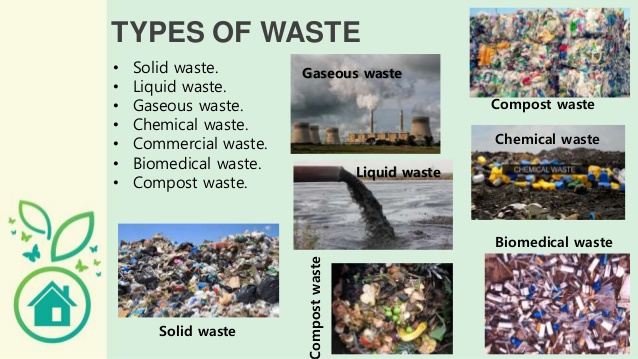Waste Management Techniques
Waste management is a critical issue in modern society, as the production and disposal of waste have significant environmental, social, and economic impacts. Effective waste management techniques are essential to minimize these impacts, promote sustainability, and protect public health. Various Waste Management Techniques, their benefits, and challenges. 1. Source Reduction and Reuse Source reduction, also known as waste prevention, involves reducing the amount of waste generated at its source. This can be achieved through various strategies such as designing products…
